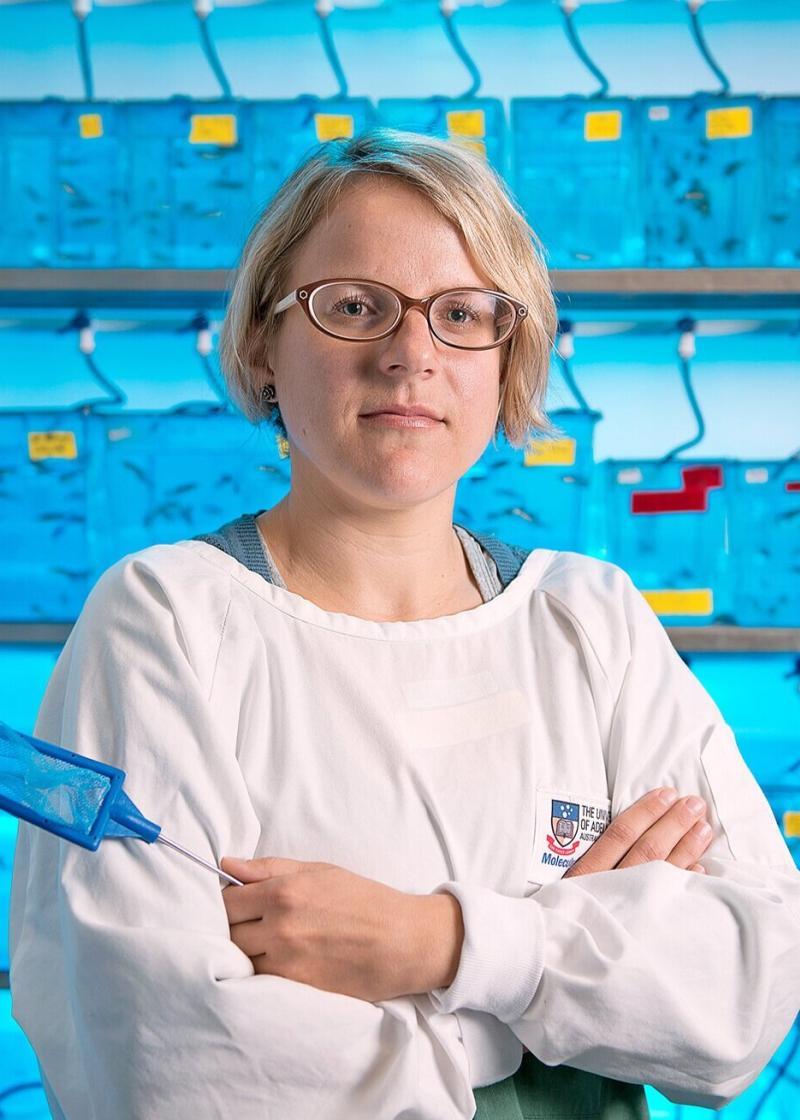Morgan Newman
The modeling of presenilin (Alzheimer's disease) mutations in zebrafish embryos

Award
2012 AADRF Project Grant
Status
Completed
Start Date
3 January 2013
About the project
To reduce the social and financial impacts of Alzheimer's disease, preventative treatments are needed. An increased understanding of Alzheimer's disease is essential for development of such treatments. Although there is still disagreement about what actually causes this disease, we do know that the majority of inherited cases of Alzheimer’s disease are caused by changes in the PRESENILIN genes. These genes are centrally important to the functioning of cells. However, we are only beginning to understand how PRESENILINs function. Like humans, zebrafish possess versions of the PRESENILIN genes. We use the very advantageous characteristics of zebrafish to investigate how PRESENILINs function. One aim of this project has been to investigate the function of shortened forms of the PRESENILIN protein.
The results of our work so far suggest that these shortened forms may affect the way toxic debris is cleared from cells. For our second aim, we have generated mutant zebrafish that have changes in their PRESENILIN genes similar to what is seen in Alzheimer’s disease. These fish will be a very valuable resource for further research on the function of the PRESENILIN proteins in different cellular mechanisms implicated in Alzheimer’s Disease. Therefore, future research utilising these mutant fish will help us understand the mechanisms behind Alzheimer's Disease.
Where are they now?
Dr Newman is a Post-Doctoral Scientist currently based at the University of Adelaide.
She is among a team of researchers using Zebrafish as a tool for Alzheimer's disease research, apart of one of only a handful of labs around the world using Zebrafish in research. She has also been awarded research project grants from the Dementia Australia Research Foundation in 2010.
